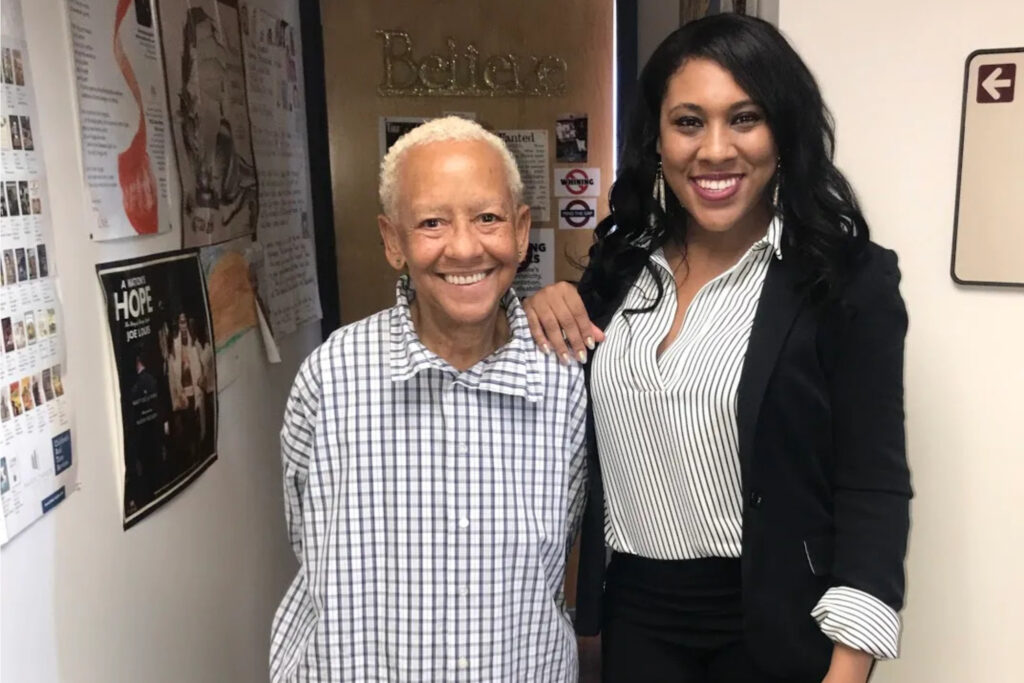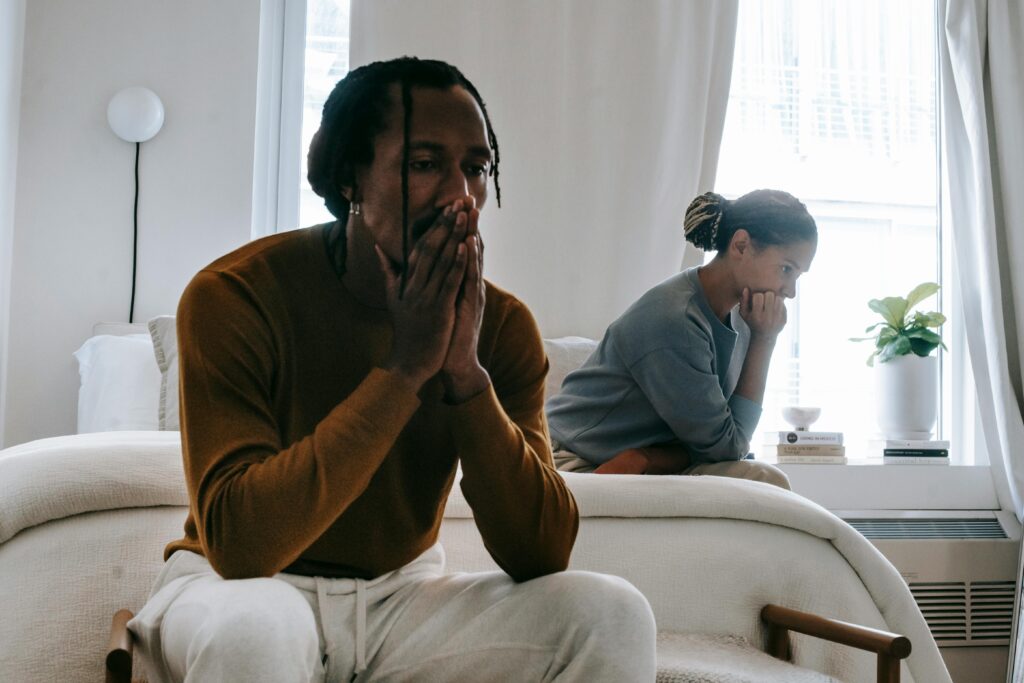Sunken Secrets, Surfacing Stories: The Clotilda’s Descendants Reclaim Their History
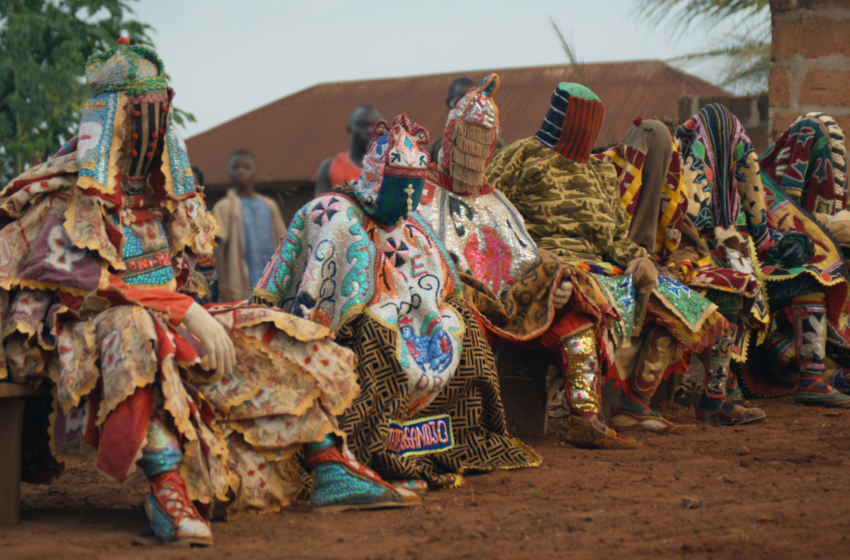
Egungun dancers perform a ritual for the Clotilda descendants, manifesting the spirits of ancestors for remembrance, celebration, and blessings.
In 1860, the Clotilda was the last known slave ship to illegally smuggle approximately 110 enslaved Africans to America, landing in Mobile, Alabama. However, to hide the evidence and conceal the crime, the ship’s owners burned and sank it to the bottom of the Mobile River, where the vessel remained hidden in the murky waters for nearly 160 years. In 2019, researchers discovered the ship’s remains, opening the door to the painful past, untold history, and emotional and spiritual healing journey for the descendants of the last known survivors, Cudjoe Lewis, born Oluale Kossola and Gumpa Lee. Fostering a deeper understanding of their ancestral roots, National Geographic’s “Clotilda: The Return Home” features members of Lee and Oluale’s lineage as they journey back to the shores of West Africa to the heart of America.
The Buckeye Review spoke with National Geographic Explorer Tara Roberts and Altevese Rosario, the great, great, great-granddaughter of Cudjoe Lewis, about the poignant reminder, resilience, and legacy of the long-lasting impact of African our ancestors.
Buckeye Review: What role do you think storytelling plays in preserving the legacy of the Clotilda survivors?
Tara Roberts: I think the Clotilda helps the story of the Clotilda and the people that were on it help us to understand the story of enslavement and the story of the crossing from one shore to the other on a human scale, so that it’s not abstract, it’s not faceless people. It’s real people who have real stories, which helps us understand it in a very specific heart, in a centered way, which is great.
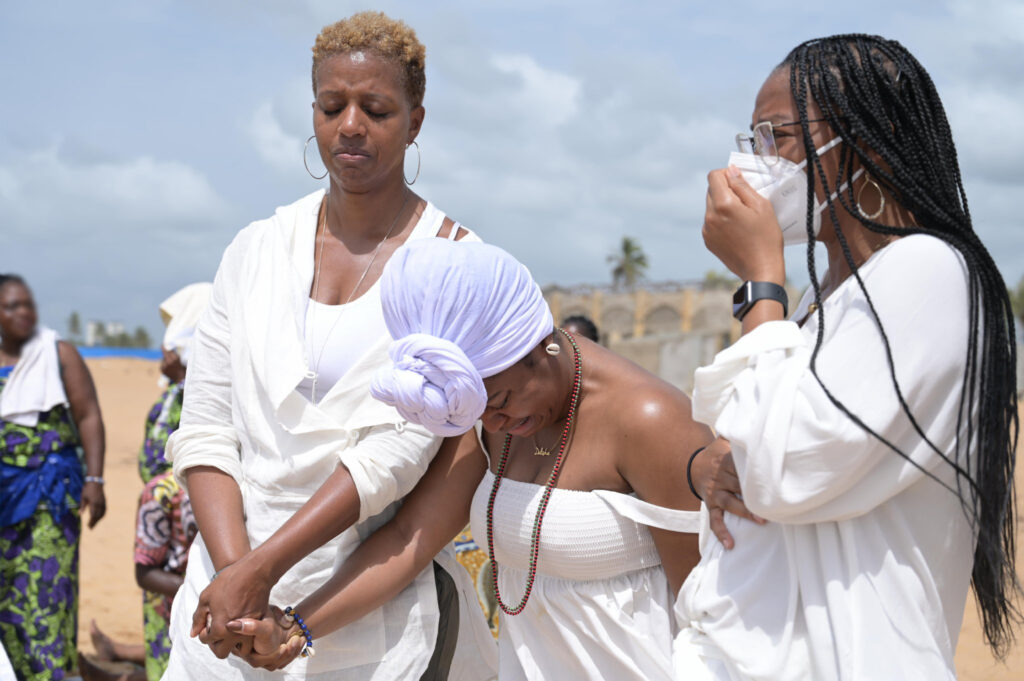
BR: And I’m curious. If you were talking to a young child who may view this as something that’s happened in the past—in their mind, they may say, this was over 150 years ago—what would you tell them why it’s important to learn about the past to help shape the future?
Altevese Rosario: Well, for that reason in itself, the past does shape the future. If you don’t know who you are, where you’re from, what you’re rooted in, how will you successfully guide yourself forward? I would share with them that this story is also part of their history. The nuances make it different, make it unique to myself and the other descendants. But the story in itself is the same or something very close to what happened to your ancestor, however many years ago.
That’s the importance of it. That’s the value of it so that you can learn as much about yourself as a person of color in this country and how to push through and be resilient. How to have a horrific thing happen to you and still come out a survivor, someone who thrives, someone who can work together and build community in a way that is not expected, in a way that is not encouraged, and in a way that entities would seek to stop.
TR: I would also emphasize how looking back at the past in this particular story helps us see, as Altevese said, a level of resilience and accomplishment that is incredible. To give it specifics, her ancestor, Cudjoe Lewis, was captured in 1860 and brought over here. 1865, the Civil War happened, and he was freed. A man who was enslaved came to a country with nothing. Couldn’t even speak the language. Within nine years after being enslaved, he managed, along with the other people who were on the boat, to save up enough money to buy 57 acres of land.
Then, to create a community out of that, and a community that still exists today, for all those stories that say we were nothing, that we were pitiful, we were sad, we should be ashamed of our history. However, that is not the case. History tells us something different, and so it is important for young people to hear that.
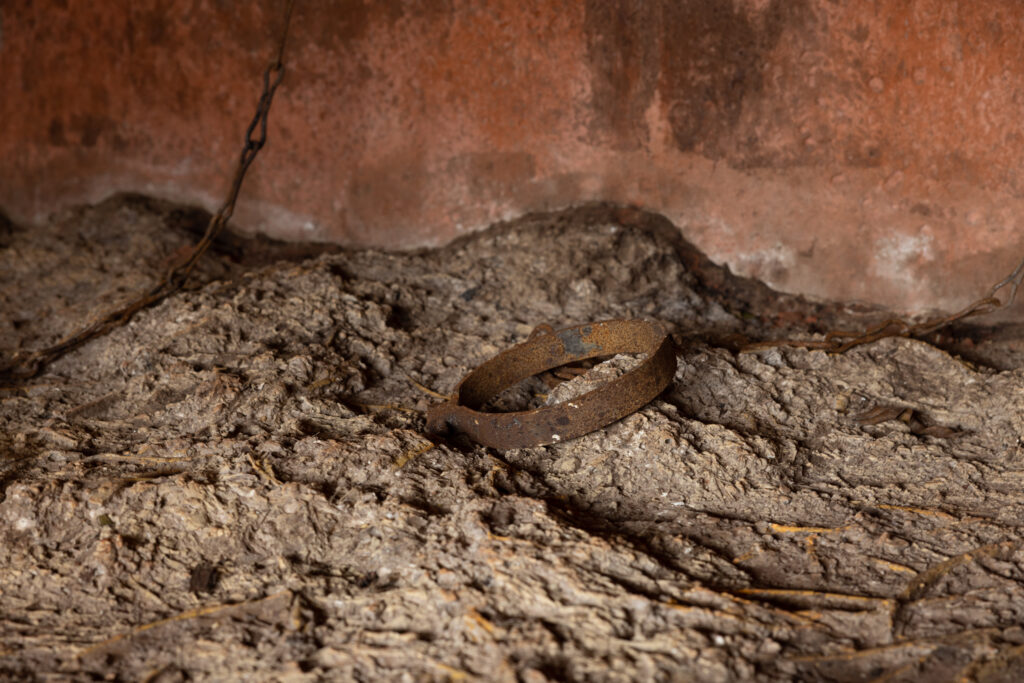
BR: You mentioned the year 1865. With Juneteenth being a celebration of freedom, what does freedom truly mean to each of you?
AR: Wow, great question. Freedom, to me, means knowing and being your authentic self. Freedom, to me, means taking the space and not allowing it to be given to you. Taking the space to show your brilliance, to own yourself, and to show yourself to the world in your most authentic self, in your most authentic way.
TR: I love that. I’ll steal a little bit of that answer and add to it and say, for me, freedom is being able to travel the world to dive with divers who are diving for slave shipwrecks and to tell stories about that and not to be stopped, to be encouraged, to be supported, and to have this story be welcomed around the world.
BR: In what ways do you believe the history of those enslaved continues to influence race relations, economic disparities, and cultural dynamics today?
TR: The slave trade shaped everything. Africa, Europe, South America, North America, and the Caribbean would not be what they are today if not for the slave trade. There’s a way that we have pushed it off to the side, and we pretend it’s nothing, and it was small, or something that happened, and it wasn’t as significant and impactful as it was. But the truth is, the slave trade ushered in a new geo-socio-political regime. It built wealth; it diminished wealth. It changed all the things.
So, its legacy is absolutely being felt today. Slavery did not end. Well, technically, of course, slavery ended in 1865 with the Civil War, but the attitudes and the policies that led to this world of slavery did not end in 1865. They just morphed into other things. So you had Jim Crow, you get mass incarceration, you even can include crack.
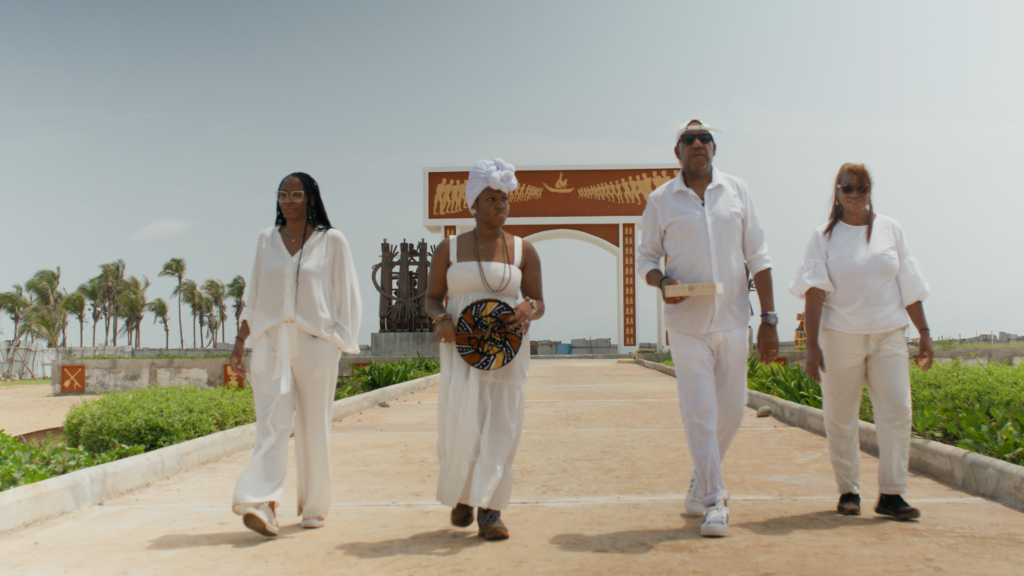
AR: And police brutality. The mindset and the lens through which Africans were viewed then is the same mindset and lens through which African Americans are viewed today. We’re still viewed as less than, we’re still viewed as unskilled, as lazy, as uncivilized, as all of these negative things, and because of the thinking and that perception, as Tara said, policies are created to keep us in a certain place. To continue pitting us against each other, and to continue to have us not want to be in community with each other, even though that’s our core.
African Americans come from a communal people. We come from people who want to help each other, who want to see the collective do better, and who are willing to sacrifice themselves for the collective. As Tara said, our ancestors built a community together. They could have very easily said, “All right, you go your way. I’ll go my way. I’m going to figure this thing called America out and do what I need to do for my family.”
Instead, they said, “No, this is what we do. We are a collective.” That is continuously torn apart in this country in this day and age. It’s not celebrated amongst us. We don’t readily move into that space when we deal with each other, and that’s something that came from slavery and has trickled down into how we’re interacting with each other today.

